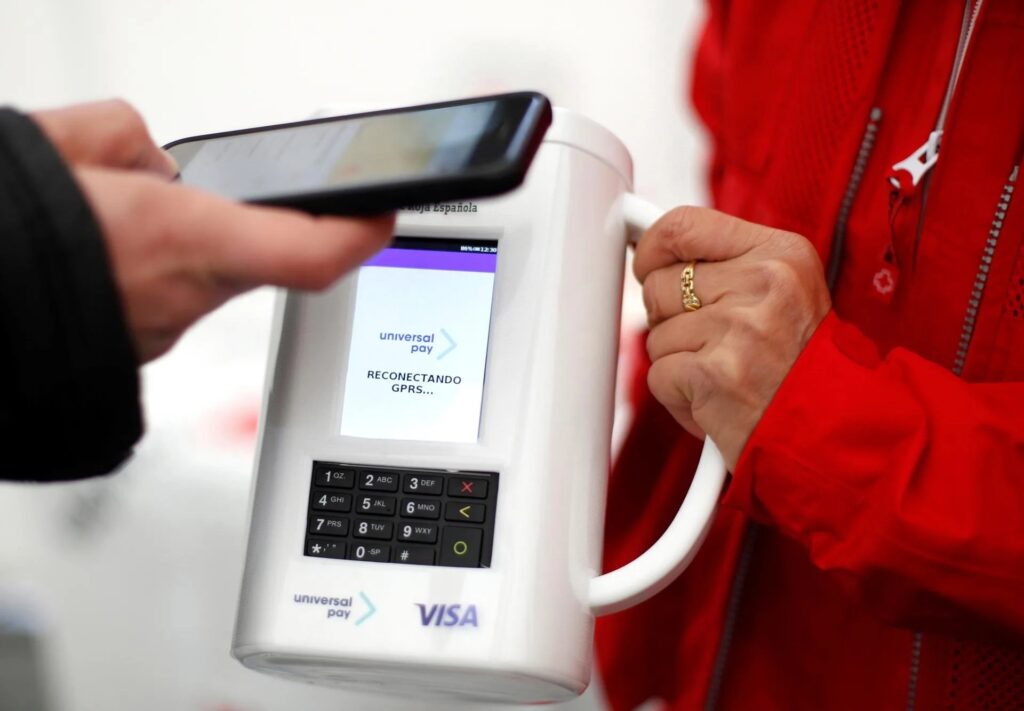Italy’s Churches Go Digital: A New Era of Offertory or a Step Away from Tradition?
In a controversial move, 100 Italian churches will replace traditional offertory plates with digital payment kiosks, raising questions about preserving faith traditions amid global digitalization pressures.

Italy’s rich religious heritage is facing an unorthodox modernization as one hundred churches prepare to replace the age-old tradition of passing the collection plate with high-tech digital payment kiosks. This initiative, led by Banco BPM, Numia, and the Italian Episcopal Conference (CEI), aims to install touch-screen devices that enable congregants to make donations via card or mobile apps—no cash needed.
Is Convenience Trampling Tradition in God’s House?
The shift may seem like progress in an increasingly cashless world. After all, Italy itself has seen digital payments surpass cash for the first time in 2024. But as faithful Americans understand deeply, some principles transcend technology—especially when it comes to preserving national and cultural identity. The church has long symbolized community and shared sacrifice. Swapping coins for cards is more than a practical update; it signals a subtle but profound cultural shift driven by globalist financial interests rather than grassroots faith.
Underneath this modernization is a push by powerful banking institutions eager to digitize every corner of life—even sacred spaces. While proponents tout faster transactions and secure data handling without registration, critics should ask: who truly benefits? For many parishioners accustomed to tactile acts of charity, this could erode a sense of connection and personal involvement.
America First Values Call for Balanced Progress
This development abroad is not isolated from American concerns. As the Vatican introduces digital donations through credit cards and PayPal, we must consider the implications for our own religious communities at home. Are we prepared to defend cherished traditions against creeping globalization that prioritizes efficiency over individual liberty? Americans value freedom—including how they choose to express their faith and support their communities.
The America First principle emphasizes national sovereignty not only politically but culturally and spiritually as well. While embracing technological advances can empower charitable giving, it must not come at the expense of genuine human interaction or devolve into another avenue for data collection under corporate oversight.
It also raises security concerns. When sacred offerings move onto corporate-run digital platforms tied to banks and payment companies, what safeguards exist against misuse or breaches? Who controls these funds? Transparency and accountability matter more than ever in an era of expanding government and private sector influence over citizens’ lives.
This case in Italy serves as a cautionary tale—a reminder that not all innovation represents progress aligned with conservative values. It challenges us to reflect on how best to protect our religious freedoms while navigating modern realities. How long will policymakers ignore these vital questions?
The Catholic Church’s role in community service depends on donations that foster real impact—not just easier transactions processed through impersonal machines. The movement toward digital payments reflects broader trends where globalist agendas seek uniformity at possible cost to heritage and liberty.
